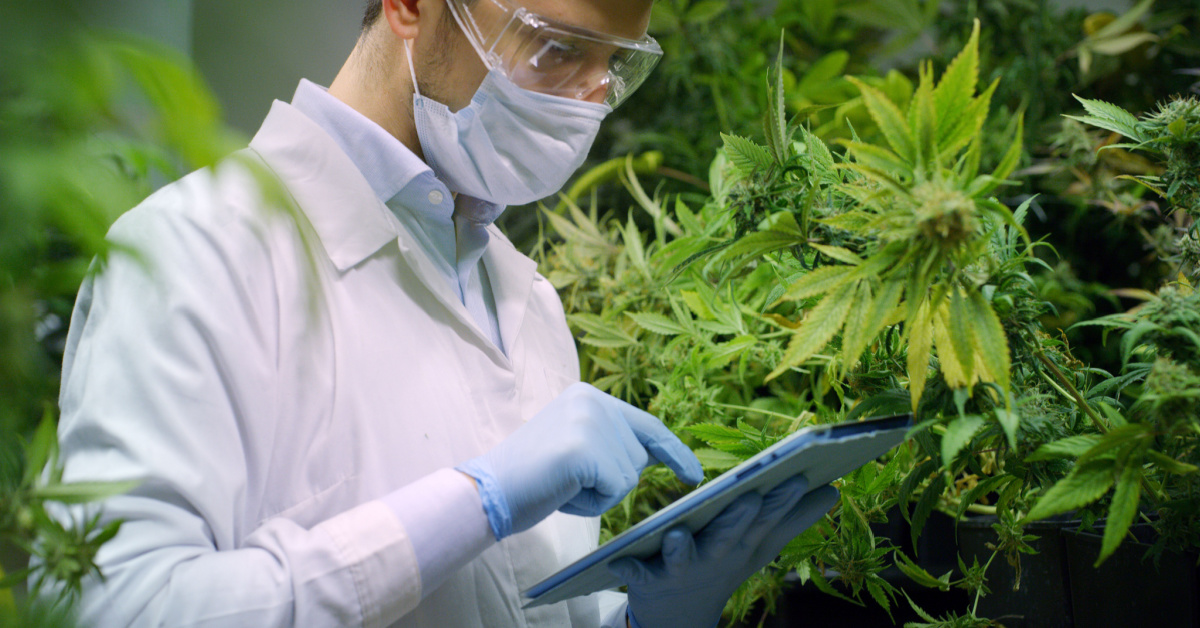How legalization is changing cannabis research and creating demand for evidence-based education

As the full roll out of cannabis legalization in Canada continues into 2019, sellers, consumers, investors and law makers still have many unanswered questions and concerns. But one group of stakeholders is cautiously optimistic about the future—cannabis researchers.
With Health Canada finalizing amendments to the Cannabis Act on December 2, 2022, sellers, consumers, investors and law makers still have many unanswered questions and concerns. But one group of stakeholders is cautiously optimistic about the future—cannabis researchers.
 With legalization generating many new opportunities for cannabis research, those who are interested in educating themselves through legitimate, evidence-based channels have the opportunity. Many post-secondary institutions filled these gaps by offering programs related to various aspects of cannabis. Institutions across Canada are providing workshops and courses on topics ranging from cultivation to policy to business.
With legalization generating many new opportunities for cannabis research, those who are interested in educating themselves through legitimate, evidence-based channels have the opportunity. Many post-secondary institutions filled these gaps by offering programs related to various aspects of cannabis. Institutions across Canada are providing workshops and courses on topics ranging from cultivation to policy to business.
In Spring 2019, McMaster University Continuing Education added its name to the list of post-secondary institutions responding to the pressing need for excellence in cannabis education. In particular, it launched one of the first evidence-based, post-secondary cannabis programs in the country focused on the scientific study of cannabis and its therapeutic applications as well as its risks and harms.
In partnership with the Peter Boris Centre for Addictions Research and the Michael G. DeGroote Centre for Medicinal Cannabis Research, the program takes an evidence-based approach to understanding the science behind the substance. This 3-course academic certificate of completion is offered entirely online through McMaster Continuing Education and is available to interested persons working in the health, education, public service, and community betterment sectors across the country.
Overseeing course development is Dr. James MacKillop, holder of the Peter Boris Chair in Addictions Research, Director of the Peter Boris Centre for Addictions Research, and Director of the Michael G. DeGroote Centre for Medicinal Cannabis.
This program really takes advantage of a lot of faculty expertise,” said MacKillop. “Students have first-hand exposure to all different avenues of cannabis research that are being pursued within our centers.
MacKillop believes the program makes it possible for physicians, nurses, psychologists, social workers, teachers, first responders and others to better understand the science of cannabis and how it interacts with such fields as addictions, mental health and public policy.
According to MacKillop, now is an important time for the science of cannabis because it is an evolving field with significant implications for public health and medicine in Canada today.
What we know is that there’s a lot of information out in the world about cannabis, but not all of it is accurate,” said MacKillop. “So both doing high quality science and promoting high-quality science are really critical functions.
Learn more:
For more information, please visit the Science of Cannabis program.
Career, Health, Professional DevelopmentRelated News
News Listing

Meet Sandra Doweck: a dedicated wellness advocate and lifelong learner
Health, Student Stories, What's New
January 6, 2025

Boost Your Career with Short Courses: 3 Key Benefits
Career, Professional Development, Tips Corner, What's New
December 23, 2024

